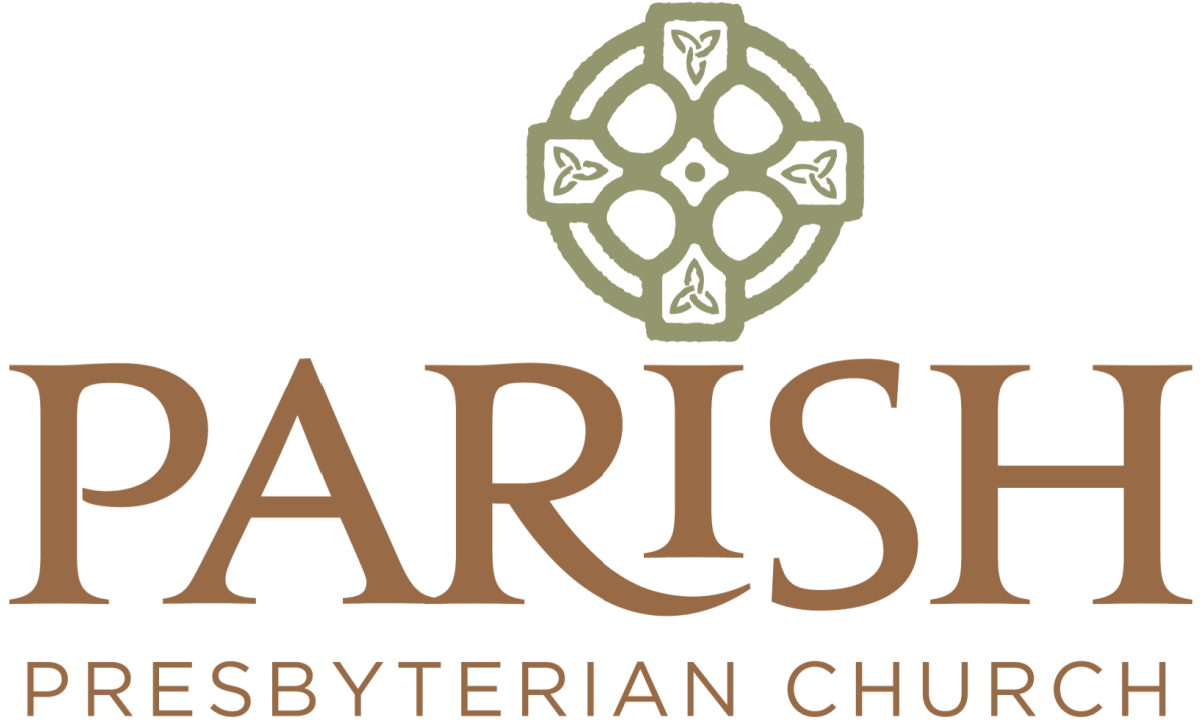Psalms of imprecation, a subset of the larger category of lament, are psalms in which the speaker speaks a curse on the enemies of God. Pastor Sean McGowan in his book Psalms That Curse: A Brief Primer points out that these psalms often make the modern church uncomfortable—and none more than Psalm 137, which we’ve been singing these last five weeks. Even the great C.S. Lewis referred to verse 9, with its call for the children of Babylon to be “dashed against the rock,” as “devilish” and inappropriate in the mouth of a Christian. Of course, this psalm is not a cry for personal vengeance (that would indeed be wicked), but a prayer that God will deliver the justice He has already ordained. As R.L. Dabney put it, “Righteous retribution is one of the glories of divine character. If it is right that God should desire to exercise it, then it cannot be wrong for His people to desire Him to exercise it.” This discussion tends to focus on this last verse, but overlooks the first curse called for in verses 5-6, which the psalmist pronounces on himself if he forgets his homeland and the God who established him there. The psalm uses imagery of music (harps, songs), place (foreign land), and memory (both the psalmist and the Lord are urged to “remember”) to express both sorrow over a devastated earthly home and point us to the reality of an eternal one. In an age that too often emphasizes atomization and rootlessness, we need this encouragement from the Scripture to remember who we are and the God who made us.
—Henry C. Haffner

